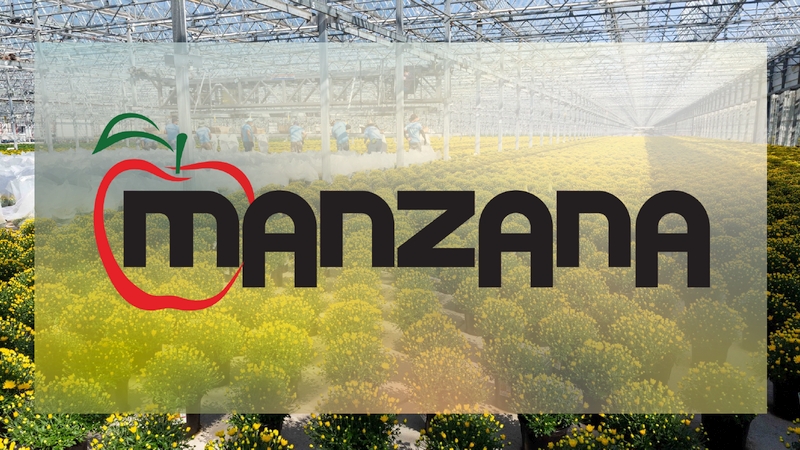Want to Grow Hemp? Consider These Financial Factors

Justin Breidenbach
Growers looking into greenhouse hemp production might be lured by the supposed promise of making an easy profit. But there are challenges to consider, and not just on the production side. The business side of hemp can be confusing, and is often complicated by differences on a state-by-state basis.
This was the focus of a presentation during CultivateVirtual’20 by Justin Breidenbach, an Assistant Professor of Accounting at Ohio Wesleyan University who also consults in hemp-related financial issues. Here are a few finance-related highlights from Breidenbach’s presentation (reach out to him at [email protected] for more insights).
The 2018 Farm Bill federally legalized hemp production and products, and removed it from the Controlled Substances Act. As a result, USDA now oversees production at the federal level. However, at the state level, there are some differences over who oversees it.
Because states have their own rules, it’s important to stay up to date on these differences, whether you’re looking to sell across state lines or working with vendors from outside your state.
There is a lack of basic data on hemp that might help guide your decision making. As a business owner, this could force you into a lot of trial and error, which can be costly.
Because there are some parts of supply chain that still do not fully understand the hemp market, or don’t want to be connected to it at all, you might find yourself having to go outside the box with new vendors and consultants. In fact, it’s not unfair to say that too many of those unfamiliar with the market will lump hemp and cannabis together, even though they should be treated much differently.
Despite hemp being legal, it can still be a cash-driven business, and you might find challenges when working with banks. To be fair, lending institutions must deal with their own regulations at the state and federal level, including dealing with the Bank Secrecy Act as well as Department of Justice policies. Add it all up, and if a lender is unfamiliar with the hemp market, they might be more likely to turn away, rather than deal with any perceived hand-holding with their clients.
Cash reporting also can be challenging. If you think you’ll be reporting any cash transactions upward of $10,000 (which is highly likely), you’ll want to become familiar with IRS Form 8300, which provides valuable information to the Internal Revenue Service and the Financial Crimes Enforcement Network in their efforts to combat money laundering.
Taxation should work the same as with any other agriculture market. However, once again, individual states might have their own rules.
The bottom line, Breidenbach says, is should you venture into hemp production, expect to burn a lot of cash (no pun intended) at the start. But keep an eye on the crop’s long-term potential, and make sure you’re keeping up with ever-evolving state and federal regulations.









